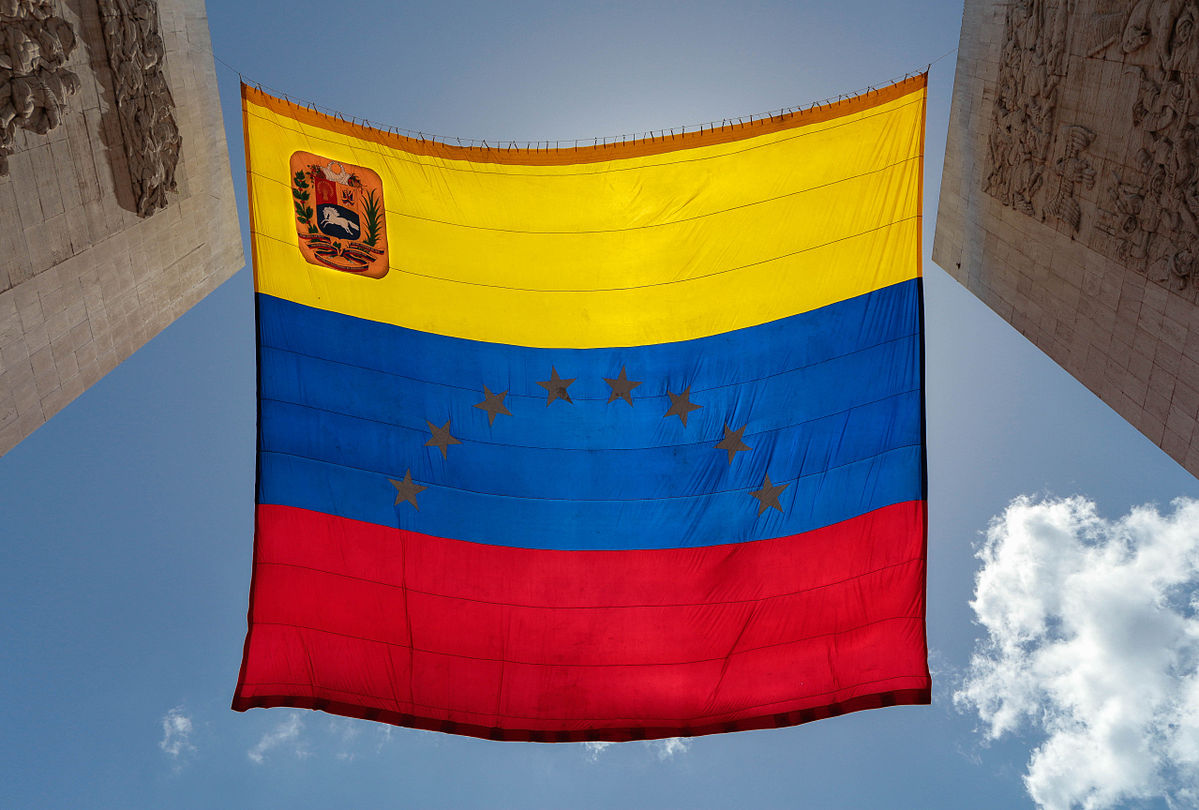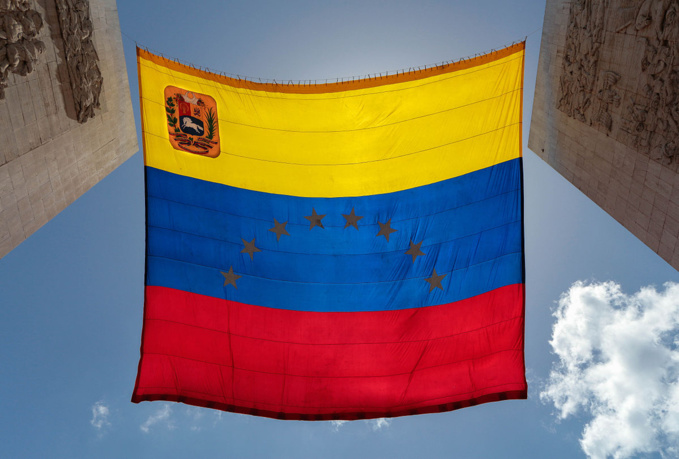This will be one of the most complicated processes of bond restructuring in the world, as well as the largest verification of the fund's rules, the article notes.
The IMF does not have official relations with Venezuela, as Caracas cut them off in 2007, and therefore the fund did not conduct on-site inspections in the country for 13 years. Official representatives of the fund insist that nothing has been decided yet, and are publicly declaring that they simply conduct routine monitoring. At the same time, it is stressed that the fund does not have any meaningful contacts with the government, except for responses of low-level officials to requests for information.
However, in recent months, the staff of the fund has quietly carried out calculations for the potential rescue of Venezuela, which, if it happens, will become more extensive financially and more politically complex than the crisis in Greece.
"The market should be properly prepared for this," a high-ranking representative of the IMF told the FT.
"In terms of complexity, it will be like putting Argentina together with Greece," added former US representative to the fund Douglas Rediker.
"Just like all others, we are very concerned about the dramatic economic and humanitarian conditions in Venezuela," the IMF representative said. "As part of our monitoring mandate, we are collecting information and are closely monitoring the situation, including watching how the crisis affects neighboring countries."
President of Venezuela Nicholas Maduro announced the victory of the ruling United Socialist Party (ESP) in the Sunday elections of state governors. Meanwhile, the alliance of the Venezuelan opposition refuses to accept the election results. Representatives of the opposition alliance "Democratic Unity Roundtable" demanded to check the results of voting in all 23 states of the country.
The political crisis in Venezuela is burdened by a difficult economic situation. The country is experiencing interruptions in energy supplies, a shortage of essential goods and hyperinflation, which, according to the forecasts of the International Monetary Fund, will reach 720% this year, and may climb up to 1660% in 2018. The Venezuelan economy has declined by 27% since 2013. The shortage of foreign currency caused a drop in imports by 80% over the past five years.
Compared to other Latin American countries, Venezuela remains virtually the only one with negative indicators of economic growth in this and the next years. The IMF notes that, in general, the region's growth in the economy is estimated at 1.2% per year. In 2016, in addition to Venezuela, the decrease in GDP was also noted in Brazil, Argentina and Ecuador, but in 2017 and in the design for 2018 they remained only in Venezuela.
source: reuters.com
The IMF does not have official relations with Venezuela, as Caracas cut them off in 2007, and therefore the fund did not conduct on-site inspections in the country for 13 years. Official representatives of the fund insist that nothing has been decided yet, and are publicly declaring that they simply conduct routine monitoring. At the same time, it is stressed that the fund does not have any meaningful contacts with the government, except for responses of low-level officials to requests for information.
However, in recent months, the staff of the fund has quietly carried out calculations for the potential rescue of Venezuela, which, if it happens, will become more extensive financially and more politically complex than the crisis in Greece.
"The market should be properly prepared for this," a high-ranking representative of the IMF told the FT.
"In terms of complexity, it will be like putting Argentina together with Greece," added former US representative to the fund Douglas Rediker.
"Just like all others, we are very concerned about the dramatic economic and humanitarian conditions in Venezuela," the IMF representative said. "As part of our monitoring mandate, we are collecting information and are closely monitoring the situation, including watching how the crisis affects neighboring countries."
President of Venezuela Nicholas Maduro announced the victory of the ruling United Socialist Party (ESP) in the Sunday elections of state governors. Meanwhile, the alliance of the Venezuelan opposition refuses to accept the election results. Representatives of the opposition alliance "Democratic Unity Roundtable" demanded to check the results of voting in all 23 states of the country.
The political crisis in Venezuela is burdened by a difficult economic situation. The country is experiencing interruptions in energy supplies, a shortage of essential goods and hyperinflation, which, according to the forecasts of the International Monetary Fund, will reach 720% this year, and may climb up to 1660% in 2018. The Venezuelan economy has declined by 27% since 2013. The shortage of foreign currency caused a drop in imports by 80% over the past five years.
Compared to other Latin American countries, Venezuela remains virtually the only one with negative indicators of economic growth in this and the next years. The IMF notes that, in general, the region's growth in the economy is estimated at 1.2% per year. In 2016, in addition to Venezuela, the decrease in GDP was also noted in Brazil, Argentina and Ecuador, but in 2017 and in the design for 2018 they remained only in Venezuela.
source: reuters.com



















